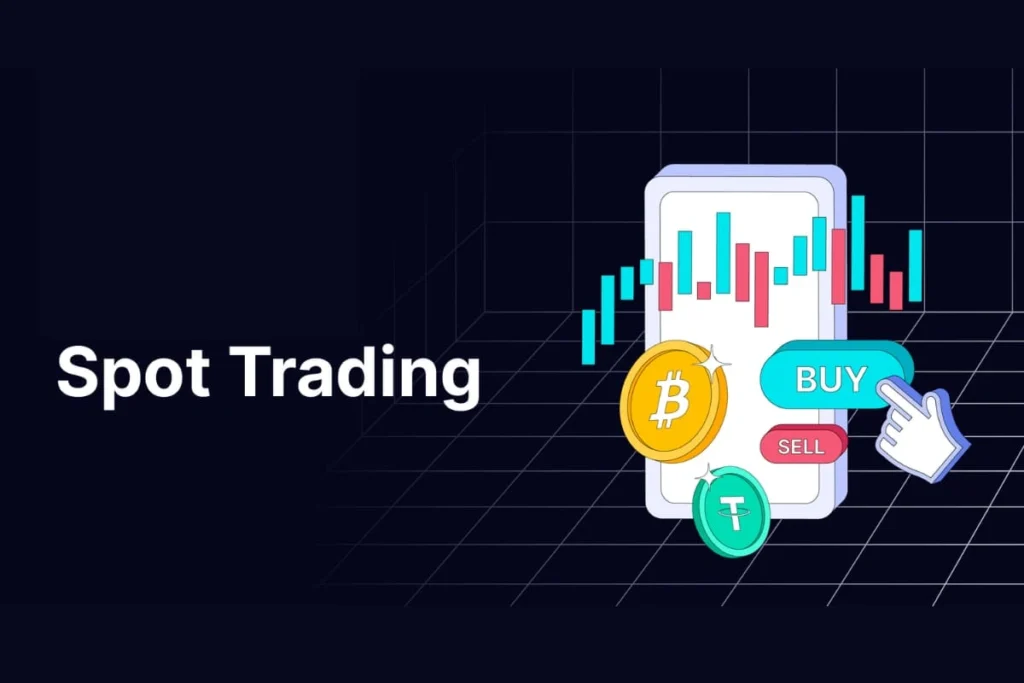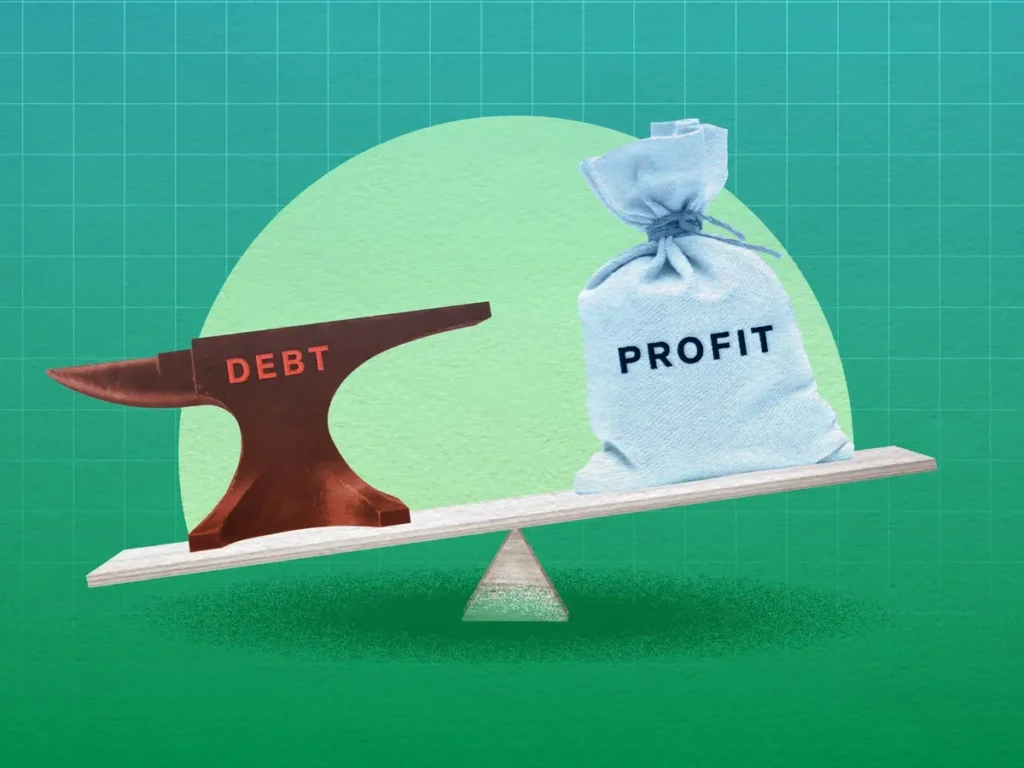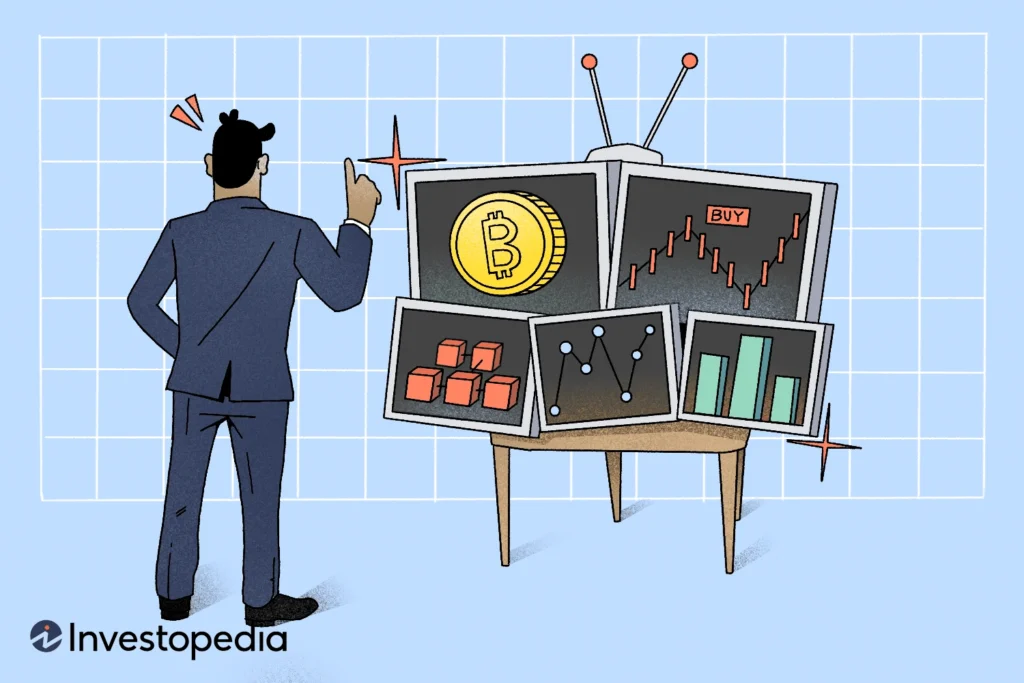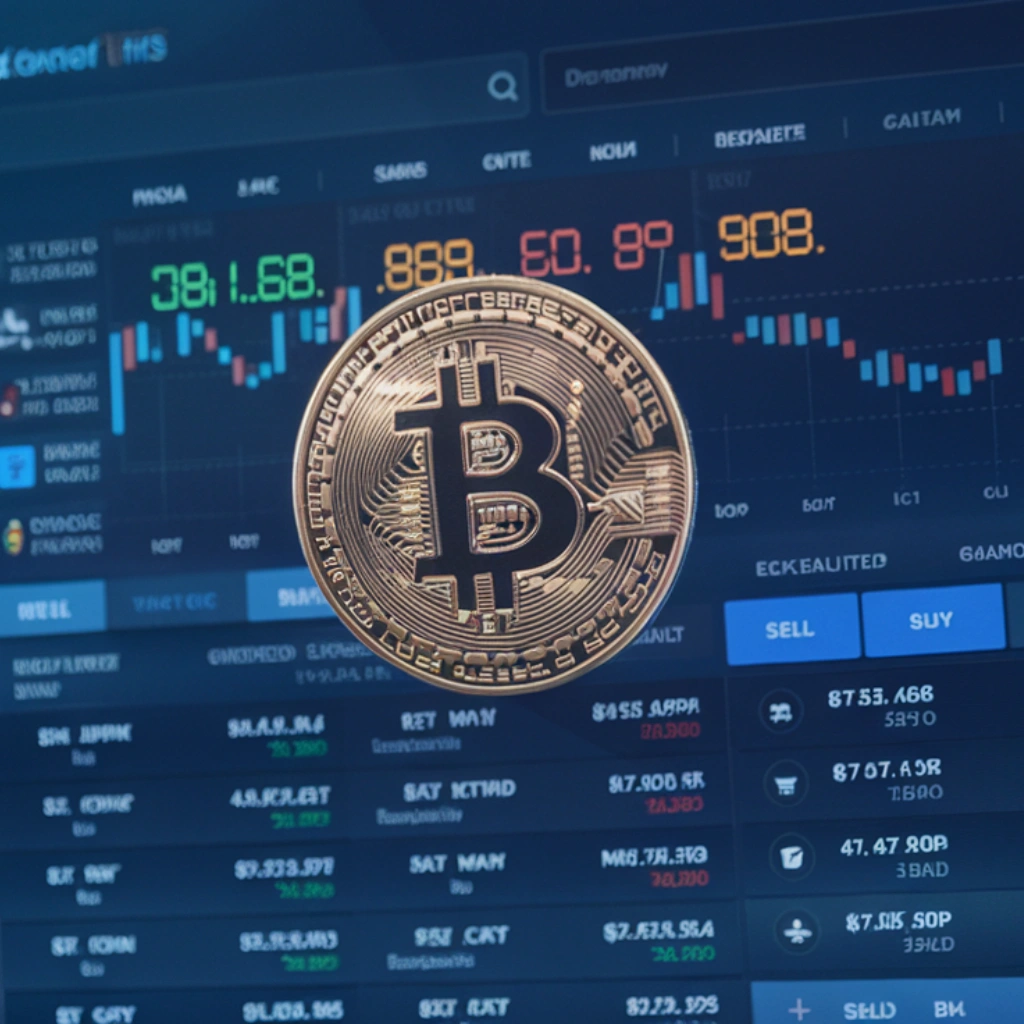Spot vs Futures: Debunking the Common Myths You Need to Know
Introduction: Spot vs Futures—Let’s Set the Record Straight
The spot vs futures debate is filled with misconceptions, and if you’re new to trading, the myths can be downright confusing. Some traders believe spot trading is always safer, while others swear by the power of futures. But are these beliefs really true? Let’s separate fact from fiction and break down how these two trading styles really compare.
Myth 1: Spot Trading is Always Safer Than Futures Trading
The first myth we need to bust is the idea that spot trading is always the safer choice. Yes, spot trading offers simplicity—when you buy an asset, you own it immediately, and there are no contracts or expiration dates to worry about. But this doesn’t mean you’re immune to market volatility.
If prices crash after you’ve bought, there’s no built-in safety net. You’re exposed to the full brunt of the market’s movements. Futures trading, on the other hand, gives you the opportunity to hedge and manage risk—but this involves more advanced strategies and tools.

Myth 2: Futures Trading is Only for Risk-Takers
Next, let’s clear up the misconception that futures trading is only for adrenaline junkies or risk-seeking gamblers. Sure, futures contracts can be risky, especially with leverage, but they also offer opportunities for risk management. Futures allow traders to lock in prices, hedge against future price fluctuations, and even profit from falling markets.
This isn’t just about making big bets. It’s about using strategy to protect investments and manage risk in ways that spot trading simply doesn’t allow. But, yes, leverage does make futures trading riskier if you don’t know what you’re doing.

Myth 3: Spot Trading is Faster Than Futures Trading
Another common myth is that spot trading is always faster and more immediate than futures trading. While spot transactions are settled immediately, futures contracts often require more time due to their expiration dates and the complexity of the contracts. But this doesn’t mean futures are slower—rather, futures contracts give you a lot more flexibility in your trading strategy.
Futures trading allows you to plan and execute trades with more foresight. You’re not just reacting to the market in the moment—you’re using contracts to predict and manage your positions for the future. This can make futures trading much more strategic, even if it takes a little longer to execute the plans.


Myth 4: If You Want to Profit from Market Fluctuations, Spot is the Only Way to Go
The idea that only spot trading can let you profit from market movements is simply wrong. Futures markets allow you to make money whether the market is going up or down. By taking long or short positions, you can profit from both rising and falling prices.
Spot trading, by contrast, only lets you profit when the price of the asset increases after you’ve purchased it. Futures offer more flexibility—a trader can bet on both upward and downward movements, giving them more options to profit in a range of market conditions.

Myth 5: Spot Trading is Easier to Understand Than Futures
It’s tempting to think that spot trading is simpler because it’s more straightforward—you buy at the current price, and you’re done. But futures trading is not as complicated as some make it out to be. It’s about having the right strategy and understanding how contracts work.
The real complexity lies in using leverage and understanding expiry dates, but with proper education and practice, futures trading can become an accessible and profitable tool—just like spot trading.

Conclusion: Which One Should You Choose—Spot vs Futures?
The spot vs futures debate isn’t about one being superior to the other—it’s about which suits your trading style, risk tolerance, and goals. Spot trading offers simplicity and immediacy, while futures trading provides the opportunity for more strategic plays, hedging, and profiting in any market condition.
Don’t fall for the myths—educate yourself, manage your risk, and choose the trading style that works for you.
Relevant news: here




